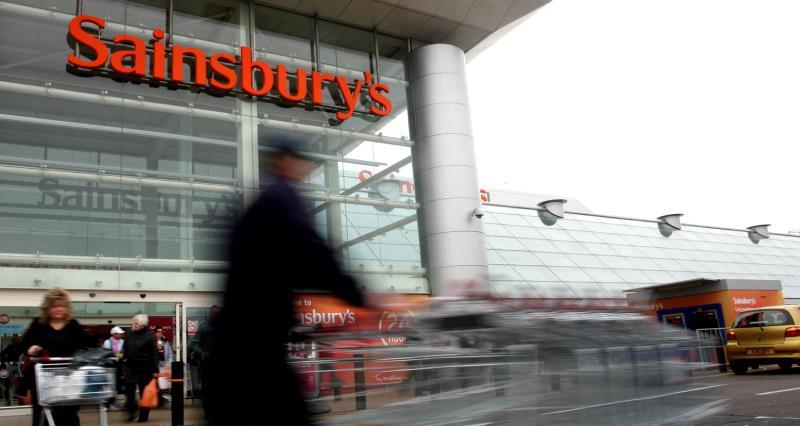Expanding with six new supermarkets and 41 new convenience stores, the UK’s second largest retailer has overall shown a decline of 5.2% in profit before tax, with supermarket sales also in decline by almost 2% over the previous year. Sainsbury's convenience stores have, however, shown growth of 6%.
Technology appears to be aiding an increase in profits for Sainsbury’s, following the launch of the chain's new grocery app. Online profits have also seen an increase of over 8%, with the app accounting for more than 10% of online orders. Overall total transactions are now at 26 million each week, an increase of 3% compared to the previous year. The growth in online sales is one of the key reasons that the NFU wish to see better country of origin labelling of online products.
Sainsbury's own-brand products accounts for around half of overall food sales, and the core ‘Sainsbury’s’ range has grown by 2% as a result of price and quality investments.
The move to everyday low prices (EDLP’s), instead of the now outdated ‘multi-buy’ promotions, helped customers with choice as well as reducing the amount of food waste in the supply chain and in homes.
With more than 25% of the UK population including free from foods in their shopping basket, Sainsbury's has extended its 'Deliciously Free From' range with a variety of new products including, fresh, frozen, chilled and ambient lines.
On Wednesday (3.5.17) NFU livestock board chairman Charles Sercombe met with Sainsbury’s to discuss challenges that the livestock industry faces including AMR, data and Brexit along with lamb sourcing and when Sainsbury’s will move to 100% British in season.
The NFU will also meet with Sainsbury’s to discuss plant protection and challenges within the horticulture and combinable crop industries on 5 May 2017.
